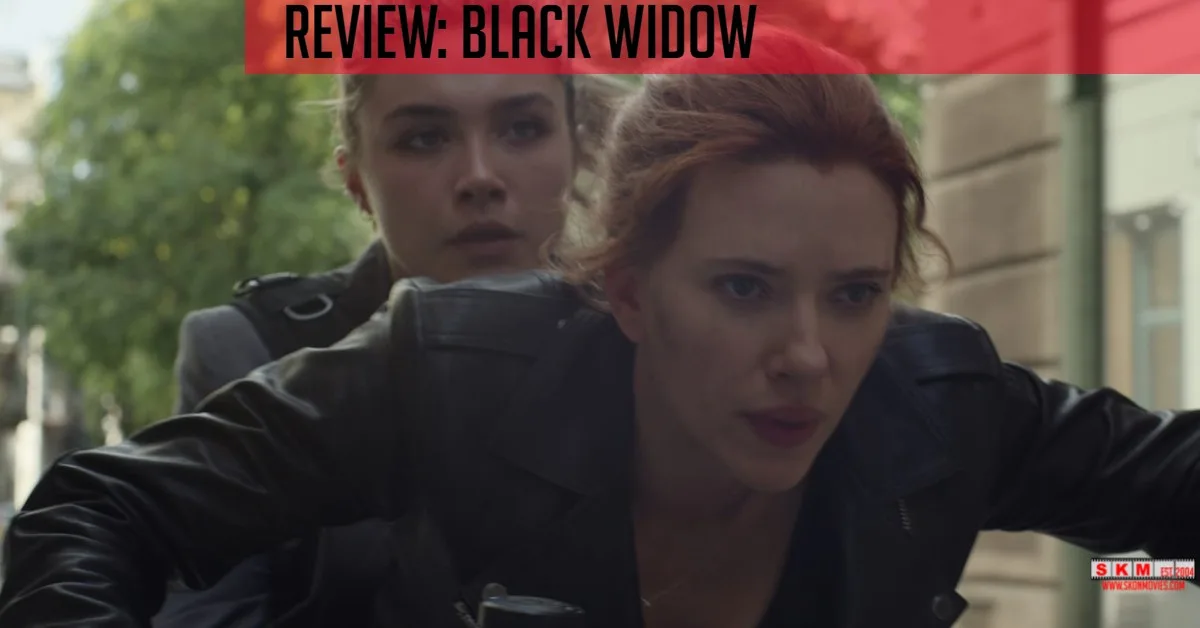Black Widow
The former Russian assassin confronts her past in Black Widow. Following the events of Captain America: Civil War, Natasha Romanoff (Scarlett Johansson) is on the run for violating the Sokovia Accords. While in hiding, Natasha suddenly finds herself attacked by the masked assassin Taskmaster, who was after a package sent to her by sister-figure Yelena Belova (Florence Pugh). Reuniting with Yelena in Budapest, Natasha finds out that, the long-thought-dead leader of the Red Room, General Dreykov (Ray Winstone) is still alive and training Black Widow assassins. Deciding to resolve this unfinished business, Natasha and Yelena seek out their parent figures Alexei “Red Guadian” Shostakov (David Harbour) and Melina Vostokoff (Rachel Weisz) for help finding and stopping the Red Room for good.
After nearly a decade of clamouring by fans, we finally have a Black Widow solo film, directed by Australian filmmaker Cate Shortland, which acts both as Scarlett Johansson’s curtain call as Natasha Romanoff, whom she has been playing since 2010’s Iron Man 2, while passing the torch onto, younger Black Widow, Yelena Belova, played by Florence Pugh. Taking place in the period between Captain America: Civil War and Avengers: Infinity War, Black Widow digs into the backstory of Natasha Romanoff, specifically the film’s prologue that shows her as part of a Russian sleeper cell family with her “sister” Yelena and “parents” Alexei Shostakov and Melina Vostokoff. Despite only lasting for three years, this family was one of Natasha’s few moments of normalcy growing up and she has mixed feelings when this family is reunited in an attempt to bring down General Dreykov and the Red Room for good.
While technically the first film of Phase Four of the Marvel Cinematic Universe, Black Widow comes off more like an epilogue from Phase Three, especially since the film chronologically takes place between Avengers: Infinity War. If anything, this is a film meant to say goodbye to Scarlett Johansson from the MCU, while we simultaneously welcome Florence Pugh to the fold, with the character of Yelena Belova set to appear in upcoming Phase Four projects, with a major hint given in the film’s obligatory post-credits scene.
As a standalone film, Black Widow is fine enough for what it is, even though there are very few real stakes when you already know what happens after the events of the film. However, I did enjoy the chemistry between Scarlett Johansson and Florence Pugh, including some funny debates about Natasha Romanoff’s constant “posing.” There’s also some decent comic relief from David Harbour, as grossly overweight Russian Captain America knockoff Red Guardian.
While this is a film that probably should’ve been made five or more years ago, Black Widow still ends up being a solid stand-alone entry in the Marvel Cinematic Universe.

